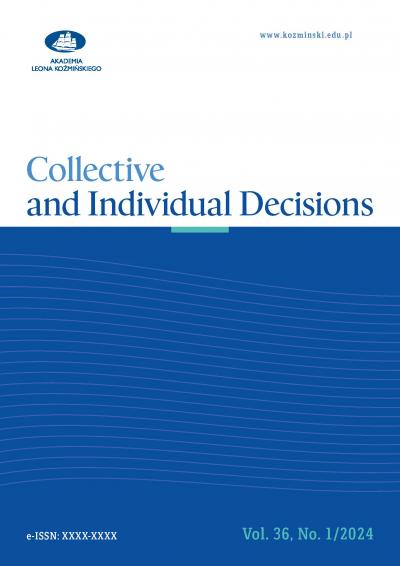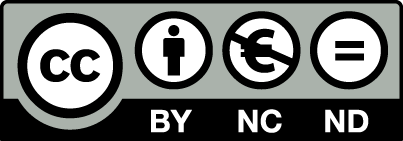Can conjugate prior probability explain the illusion of control?
Marcin Czupryna
Uniwersytet Ekonomiczny w Krakowie
Elżbieta Kubińska
Uniwersytet Ekonomiczny w Krakowie
Łukasz Markiewicz
Akademia Leona Koźmińskiego
2018 (29) Decyzje
DOI 10.7206/DEC.1733-0092.104








